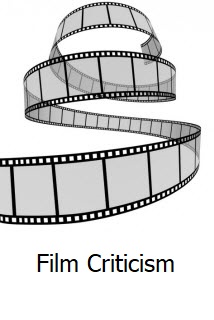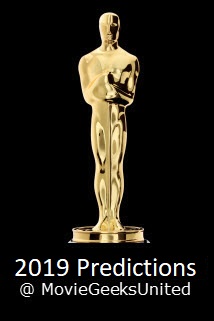Censorship

Content by Tony Macklin. Originally published on June 19, 2020 @ tonymacklin.net.
Censorship is on the march.
As I considered reviewing Spike Lee's Da 5 Bloods, I was struck by a new, burgeoning context. We live in an age of censorship that is on the move.
I'm still more than uncomfortable with Spike Lee's destruction in BlacKkKlansman (2018) of D.W. Griffith and his classic The Birth of a Nation (1915). If you've only seen BlacKkKlansman, you think of D.W. Griffith as a hateful buffoon and his film as a piece of bigoted crap.
There's no question that Griffith's vision came from the Old South. But when I've seen the classic film, I didn't cheer when the Ku Klux Klan rode in like the cavalry.
I was impressed by the style and creativity of the film. What helped me to be impressed was the "veneration" that critic James Agee had for the film and the director.
Agee wrote about Griffith, "He achieved what no other man has ever achieved. To watch his work is like being witness to the beginning of melody, or the first conscious use of the lever or the wheel; the emergence, coordination, and first eloquence of language; the birth of art; and to realize that this is all the work of one man."
Agee went on to consider the nay-sayers, "Today, The Birth of a Nation is boycotted or shown piecemeal; too many more or less well-meaning people accuse Griffith of making it an anti-Negro movie. At best, this is nonsense, and, at worst, it is vicious nonsense."
One thing I fear is that because Agee appreciated the film, he will be dismissed as an out-of-it fool. He's not.
I think James Agee is the most humanistic film critic who ever wrote.
Agee was a gifted liberal. He wrote splendid criticism at the same time for both Time and The Nation.
Agee was born in Knoxville, Tennessee, and educated at Harvard. He wrote the novella The Morning Watch, and posthumously was awarded a Pulitzer Prize for his novel A Death in the Family. His nonfiction book Let Us Now Praise Famous Men - about living with sharecroppers in Alabama - reportedly was Jimmy Carter's favorite book. Agee died in 1955 at the age of 45.
Is James Agee - along with D.W. Griffith - vulnerable to a contemporary movement? Will he be trashed because of his unwavering appreciation of Griffith? Liberalism is on the verge of eating its own.
Does Spike Lee wish Griffith had never lived? Of course not. It's a little ironic that Spike uses some of the cinematic effects that Griffith helped create. At the end of his essay about Griffith, Agee writes, "There is not a man working in movies, or a man who cares for them, who does not owe Griffith more than he owes anybody else."
Obviously, almost all of us including Agee would prefer that the racist elements were not in The Birth of a Nation, but some of us do not want this work of art destroyed.
And I doubt that any of us, who know his work, would want Agee expunged. Even Spike Lee loves Agee's screenplay for The Night of the Hunter.
Spike Lee is an artist, propagandist, and celebrity. The propagandist may have more impact than the artist.
Censorship is afoot. To what lengths will it go? The image of Aunt Jemima is gone, but will it take the syrup down the drain with it?
A few months ago, I saw a cute, little black boy, wearing a Paw Patrol t-shirt. Paw Patrol, a children's television show which featured the joy of laughter, has been canceled because of its treatment of the police. Huh?
I assume that somebody will insist that Othello outwit Iago.
We live in an age of loyalty to incompetence. In opposition to that, intelligent people are swinging toward censorship.
Critics like James Agee may no longer be heard. Will the best voices be silenced by the roar of the crowd?





